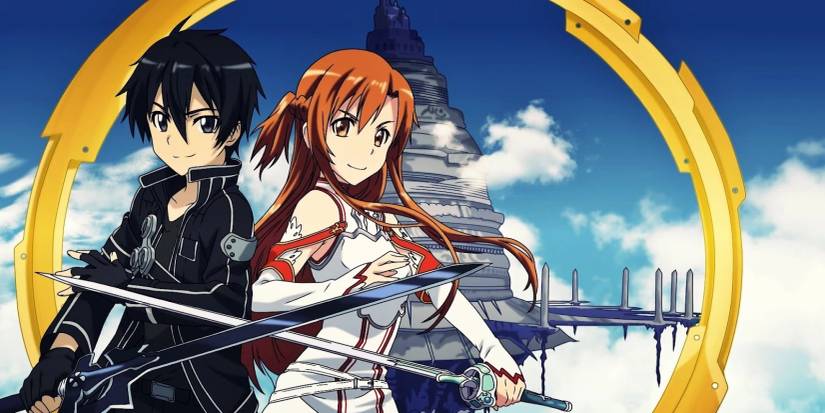Japan has issued a strong warning to OpenAI, asking the company to keep its AI models away from their anime and manga. A massive coalition of publishers, including Kadokawa, known for its iconic isekai titles like KonoSuba And Re:Zeroas well as Kodansha (Attack on Titan, Blue lock) and Shogakukan (Detective Conan, Freeze) — issued a strongly worded statement condemning the data training practices of Sora 2, OpenAI’s new text-to-video AI model. This sentiment was also reflected in a separate, equally critical statement from Weekly Shonen Jump Shueisha publisher.
The statements, both from the 17 members publishing coalition and a separate from Shueishanoted a massive influx of infringing content following the launch of Sora 2. They highlighted numerous instances of AI-generated videos showing obvious dependence and similarity to existing creative works, with Shueisha specifically identifying copyright infringement of anime and characters. Both sides have attacked AI’s training model, arguing that its current “opt-out” system – which requires creators to request removal – is fundamentally flawed. The publishers claimed that this practice violated both Japanese copyright law and the WIPO Copyright Treaty, with Shueisha describing the situation as a growing infringement crisis that requires urgent action.
Japanese publishers warn OpenAI against copyright infringement of generative AI and Sora 2
The coalition and Shueisha are demanding fundamental changes to how AI models are trained. Their main demand is a move from the current “opt-out” model to an “opt-in” system, which would require AI operators to obtain explicit permission from rights holders before using their work. They also called for full transparency on the data used to train generative AI and insisted that creators receive appropriate compensation. Shueisha’s statement reinforced these concerns, adding a specific call for government intervention, saying that “a response at the national level, including the establishment of new laws, is also essential for the protection of content.”
The editors clarified that this was not a rejection of AI itself, saying that they welcomed technological advancements if used correctly. However, they emphasized their responsibility in protecting the work and dignity of creators, arguing that the evolution of AI cannot be based on counterfeiting. Both parties claimed they would take action against copyright violations, with Shueisha pledging to take “appropriate and strict measures.” Their stated goal is to foster a “fair, transparent and sustainable creative environment” in which creators and users can operate with peace of mind.
This is not the first time OpenAI has faced backlash due to its generative AI practices. In the past, the company’s image generation model fueled a viral “Ghiblifying” trend, where users created content virtually indistinguishable from the iconic art style of Studio Ghibli films like My Neighbor Totoro And Spirited Away. Although the trend is popular, it has also received backlash from artists and fans concerned about copyright infringement. At the time, many expected the notoriously protective Studio Ghibli to speak out against the unauthorized use of its style, but no official statement was released by the company.
Although generative AI has raised serious copyright concerns among all creators, Japan’s position does not constitute a total rejection of the technology. Shogakukan, for example, has invested in startup Orange Inc. to use AI for manga translations, aiming to significantly reduce localization times. Likewise, Toei Animation, the studio behind One piece And Dragon Balluses AI to improve operational efficiency. The industry has also begun testing the capabilities of generative AI, but not without controversy. In 2023, Netflix Japan and WIT Studio produced the short film The dog and the boywhich used AI-generated images for its backgrounds, and more recently, an anime titled Tersnima used AI assistance for the majority of its reductions.
While the Japanese anime and manga industry is clearly open to adopting this technology, rights holders are setting a hard line when it comes to copyright infringement, as evidenced by their aggressive and ongoing legal battles against piracy, where publishers and groups like CODA have worked with international authorities to shut down many illegal streaming and manga sites.


